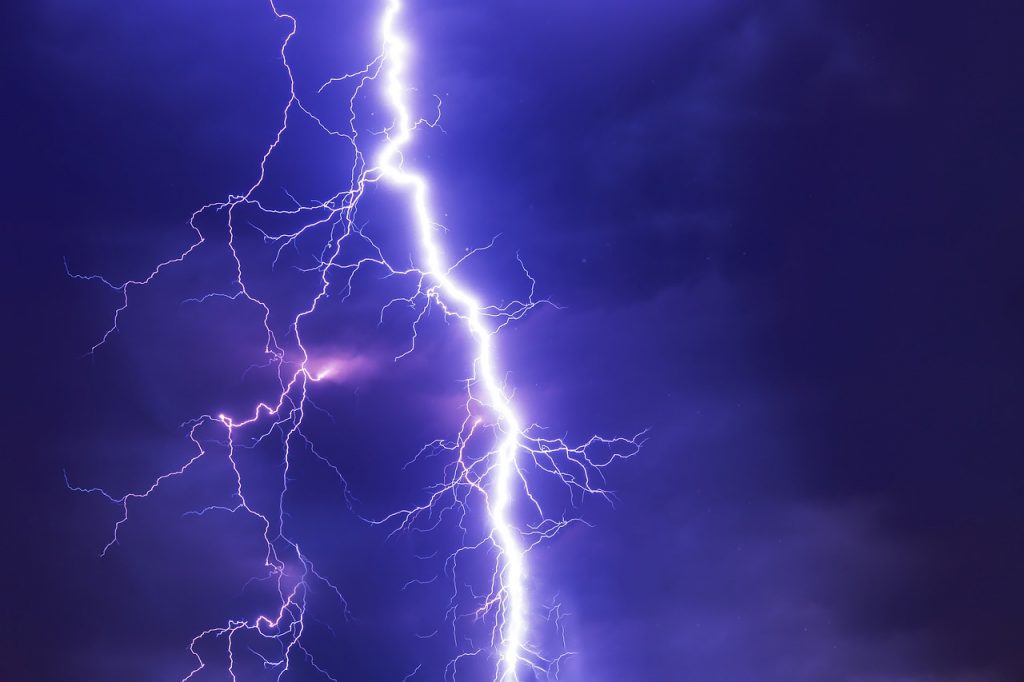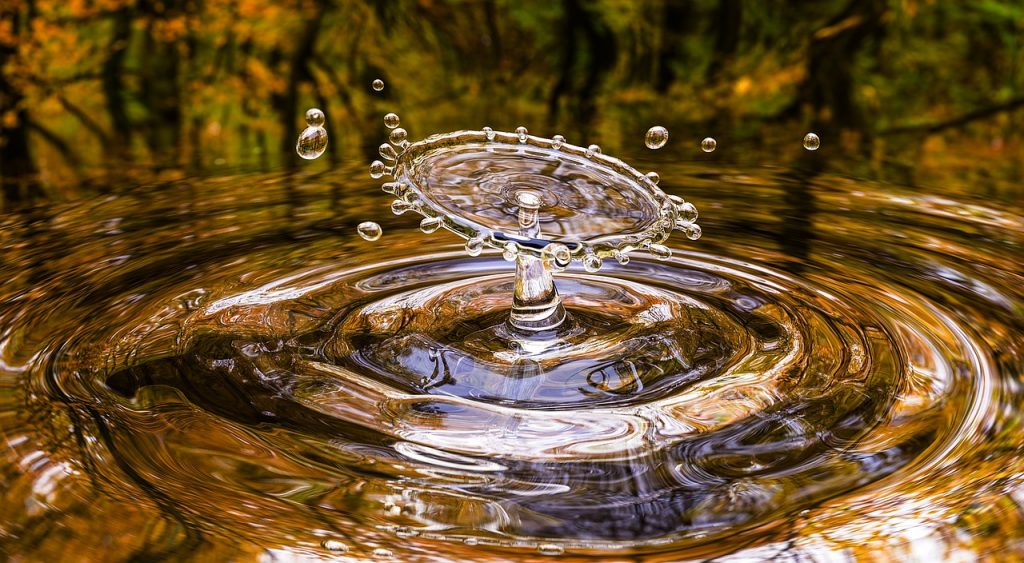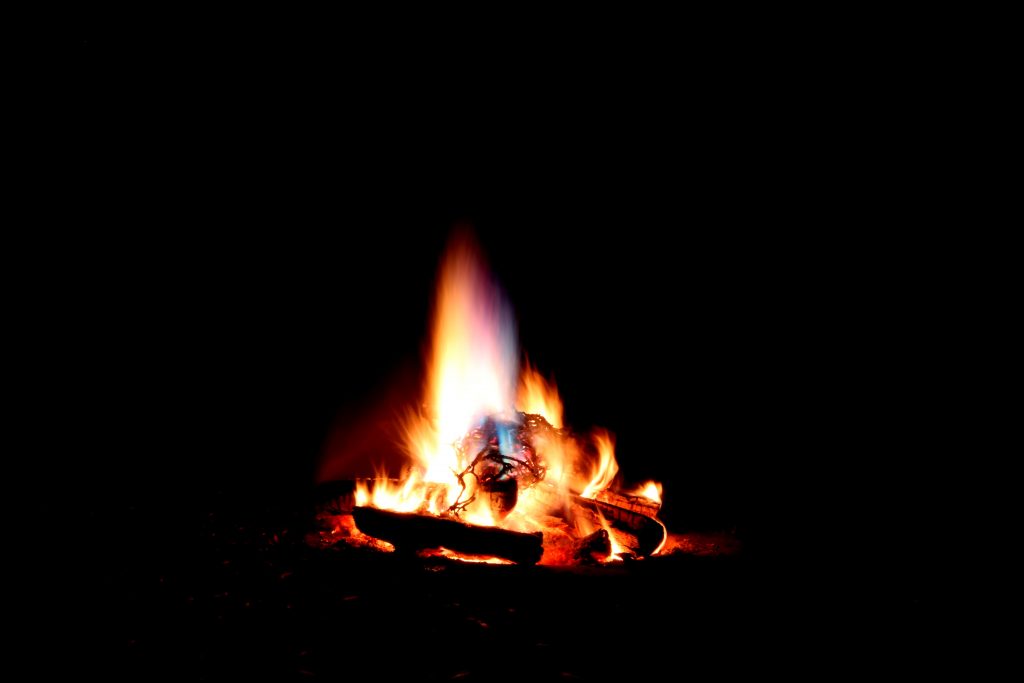 Power Supplies Can Be Lost
Power Supplies Can Be Lost
Power supplies can go off at any time, not just because of Brexit. They can happen during a storm, with high winds, or because an electricity substation blows up, because a tree falls or can even be known in advance, when the electricity company needs to carry out planned maintenance on the system.
In 1859, a solar storm, known as the Carrington event after one of the astronomers who recorded it, hit earth and caused a magnetic storm. In those days, the only electrical appliances were probably telegraph systems for long distance communication and these were badly affected, with sparks flying from them and starting fires. If a similar event happened nowadays, most of the planet would suffer electrical blackouts and widespread disruption, possibly lasting days or even years, until the damage could be repaired.
Effects Of No Power
If another Carrington-type event hit us, one of the most amazing effects would be powerful auras, lighting up the skies. At the same time, though, satellites would be destroyed and electricity grids would go out, leaving whole countries with no power and enormous amounts of damage that could take months, if not years, to repair.
Not As Severe
Hopefully, any power disruption from Brexit, or any other cause, would be on a much smaller scale that this, possibly only in local areas, but in those areas, the loss of electricity would mean:
-
- No ATMs working,
- Fuel stations not operating
- Shops with electronic tills and barcode scanners would have to revert to manual operation.
- Credit and debit cards would not work, cash only.
- No computers or TV;
- Data can be lost resulting in errors in bank accounts and other electronic information;
- Mobile phones, tablets and other mobile electronic devices could not be charged,
- Electric cookers would not work – no cooking;
- Your heating system might not work, as water is pumped around the system by electricity if you use an oil fired boiler;
- Fast food shops would mostly be unable to operate;
- Refrigeration systems would heat up, losing frozen and chilled food;
- Businesses would have to shut before dark;
- No street lights;
- Public transport would stop when vehicles couldn’t have fuel pumped in;
- Ambulances, fire engines and police vehicles might not be able to operate at full strength;
- Electric trains and trams would just stop;
- Escalators and lifts would stop, possibly trapping some people;
- Store deliveries would stop if lorries could not get fuel;
- The subway would stop, possibly trapping some people underground;
- Medical equipment may stop operating unless it has a backup;
- Medical records can be lost or be unreachable when needed for medical emergencies.
What Can Be Done At Home
There’s not a lot that individuals can do to prevent the mains electricity going off, however, it is certainly possible to make preparations that can make life a lot easier until the electricity comes back on again. And it’s always the worst time that it goes off – in the middle of a cold storm, in the middle of the night, when you’re cooking dinner ….
The Most Important Areas
Cooking: Do you depend on electricity for cooking?
Heating: Do you depend on electricity for heating?
These are the two critical areas. If Brexit happens at a cold time of the year, it will be vital to have some warmth and to be able to cook a hot meal. If your only source of heat and cooking is mains supply electricity, you may go cold and possibly hungry until power is restored, unless you have your own solar panels or wind turbine producing electricity for you. And if the power is off in a widespread area, then fast food shops will have to close too.
Of course, apart from having your own solar cells or wind turbine producing electricity, the big hitter to have in a power outage is your own generator. It may not be possible to run a normal electric cooker from one of these but it would certainly be sufficient for a microwave or slow cooker or anything that runs from a normal 13 amp plug (does not apply to electric cookers). There are also power generators that are specially designed for running home electronics, like computers.
If you don’t want to go to the expense or storage requirements for a home generator, you might consider getting a camping stove, that runs on gas cylinders and for light, you can get emergency lanterns that remain plugged in while the power is on and that turn on when power stops. Remember to check that you have all the parts you need if buying any of these and that you have a storage can for the correct fuel if getting a generator.
If you have any other source of heat, such as gas cylinders or coal, then check your supplies and keep them topped up as Brexit looms closer. And it’s also useful to add some blankets and extra layers to your bedding or clothing supplies, to ensure you do not lose body heat.
 Water
Water Home
Home Cooking
Cooking